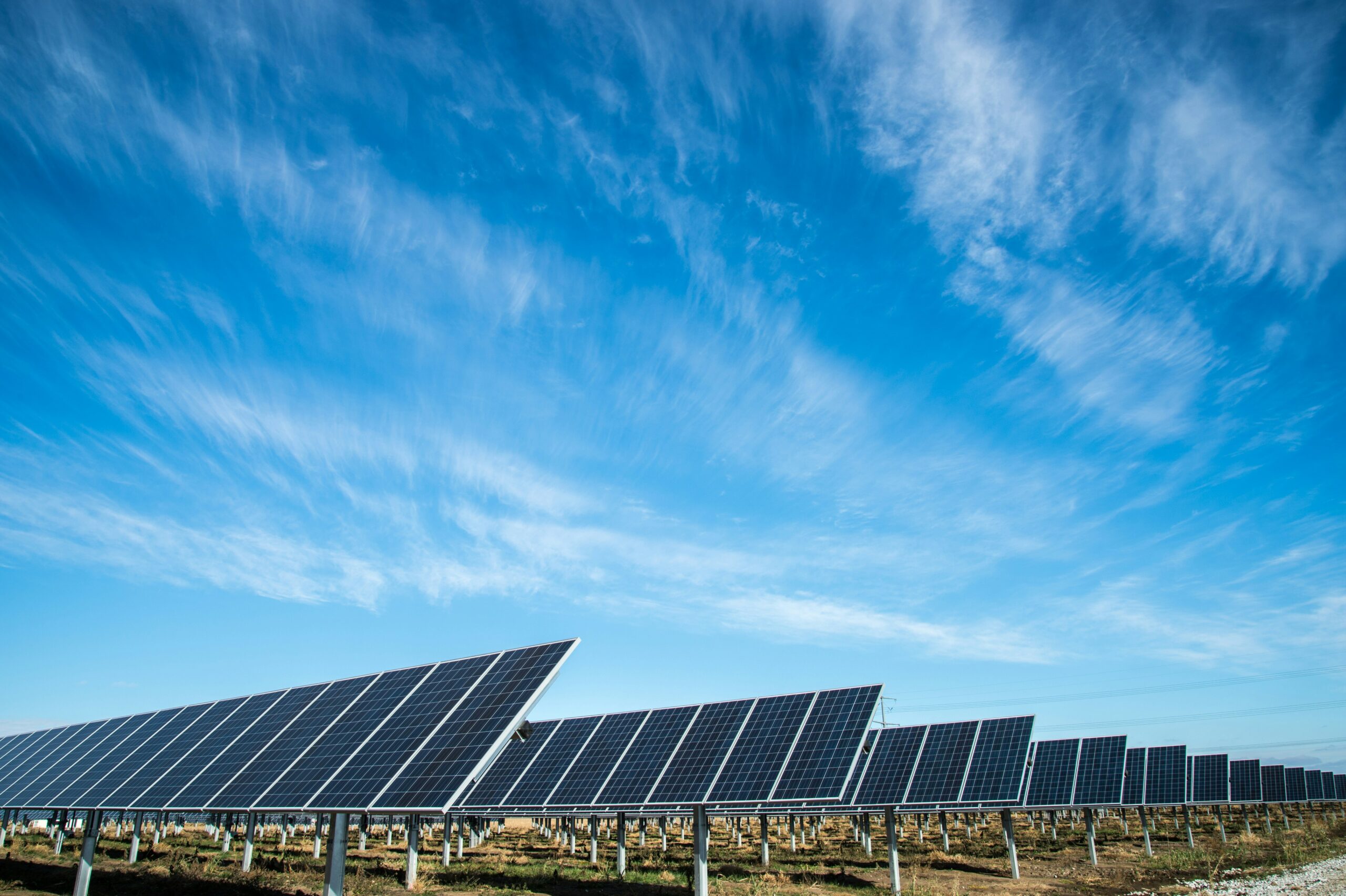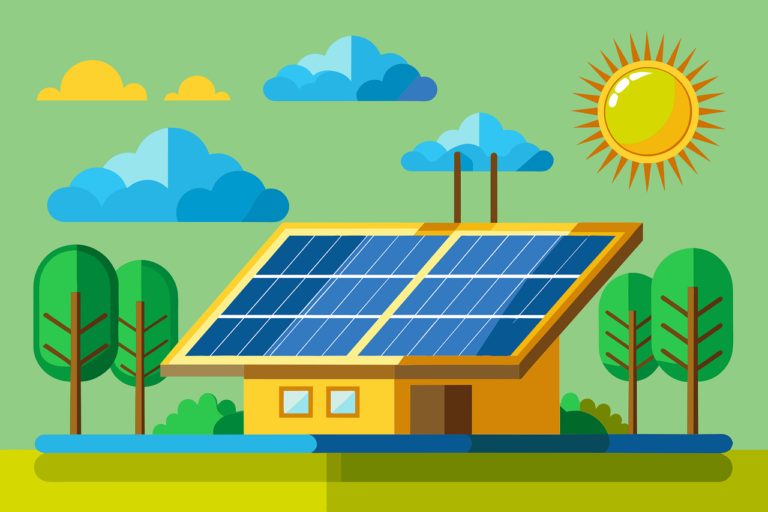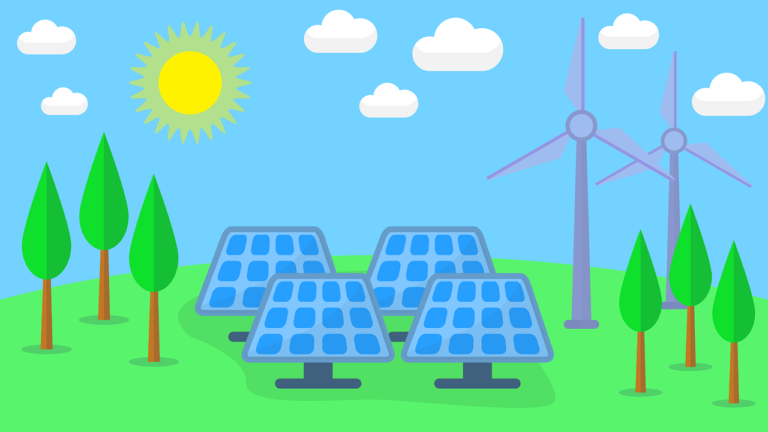
Introduction
In today’s world, where renewable energy is becoming increasingly essential, solar panels stand out as a beacon of sustainable power generation. But what exactly are solar panels, and how do you go about purchasing them? In this comprehensive guide, we’ll delve into everything you need to know about solar panels, from understanding their workings to the nitty-gritty of buying and maintaining them.
Understanding Solar Panels
What are Solar Panels?
Solar panels, also known as photovoltaic (PV) panels, are devices that convert sunlight into electricity. These panels are typically made of silicon-based materials and consist of multiple solar cells connected to generate electrical current.
How Do Solar Panels Work?
When sunlight hits the solar panels, the photons in the light interact with the silicon atoms, causing the release of electrons. These free electrons then flow through the material, creating an electric current. This direct current (DC) is then converted into alternating current (AC) by an inverter, making it usable for household appliances and the grid.
In today’s world, where renewable energy is becoming increasingly essential, solar panels stand out as a beacon of sustainable power generation. But what exactly are solar panels, and how do you go about purchasing them? In this comprehensive guide, we’ll delve into everything you need to know about solar panels, from understanding their workings to the nitty-gritty of buying and maintaining them.
Benefits of Solar Panels
Environmental Benefits
One of the primary advantages of solar panels is their contribution to environmental sustainability. Unlike traditional energy sources like coal or natural gas, solar energy production does not release harmful greenhouse gases, thus mitigating climate change and reducing air pollution.
Financial Benefits
Investing in solar panels can lead to significant long-term savings on electricity bills. With proper installation and maintenance, solar panels can generate electricity for decades, offsetting or even eliminating the need for grid electricity.
Energy Independence
By harnessing the power of the sun, solar panel owners gain independence from fluctuating energy prices and reliance on centralized power grids. This self-sufficiency provides a sense of security and control over energy consumption.

Factors to Consider Before Buying Solar Panels
Location and Sunlight Availability
The effectiveness of solar panels depends on the amount of sunlight they receive. Assess your location’s solar potential by considering factors such as sun exposure, shading, and local climate conditions.
Roof Condition and Orientation
Evaluate your roof’s condition and orientation to determine its suitability for solar panel installation. Ideally, your roof should be structurally sound, facing south, and free from obstructions that may cast shadows on the panels.
Budget and Financing Options
Before making a purchase, establish a budget and explore financing options available for solar panel installations. Consider incentives such as tax credits, rebates, and financing plans to make the investment more affordable.
Warranty and Maintenance
Review the warranty and maintenance requirements of different solar panel brands to ensure long-term reliability and performance. Look for products with comprehensive warranties and assess the maintenance needs to keep your panels in optimal condition.
Types of Solar Panels
Monocrystalline Solar Panels
Monocrystalline panels are made from single-crystal silicon, offering high efficiency and space-saving design. While they tend to be more expensive, they provide better performance in low-light conditions.
Polycrystalline Solar Panels
Polycrystalline panels are crafted from multiple silicon fragments, resulting in lower efficiency compared to monocrystalline panels. However, they are more cost-effective and suitable for larger installations where space is not a constraint.
Thin-Film Solar Panels
Thin-film panels use layers of photovoltaic material applied onto a substrate, offering flexibility and lightweight design. Although less efficient than crystalline panels, thin-film technology is advantageous for certain applications such as portable solar panels.

Choosing the Right Solar Panel for Your Needs
Consider your specific energy requirements, budget constraints, and space availability when selecting the type and size of solar panels. Consult with solar experts to determine the optimal configuration for your home or business.
Feel free to visit our store for all your solar panel and equipment needs. If you have any questions or inquiries, don’t hesitate to reach out to us. We’re here to assist you with professionalism and clarity.
Conclusion
Investing in solar panels is not just a step towards sustainable energy but also a smart financial decision. By understanding how solar panels work and considering key factors before purchasing, you can harness the power of the sun to reduce your carbon footprint and energy costs while enjoying greater energy independence.

Leave A Comment